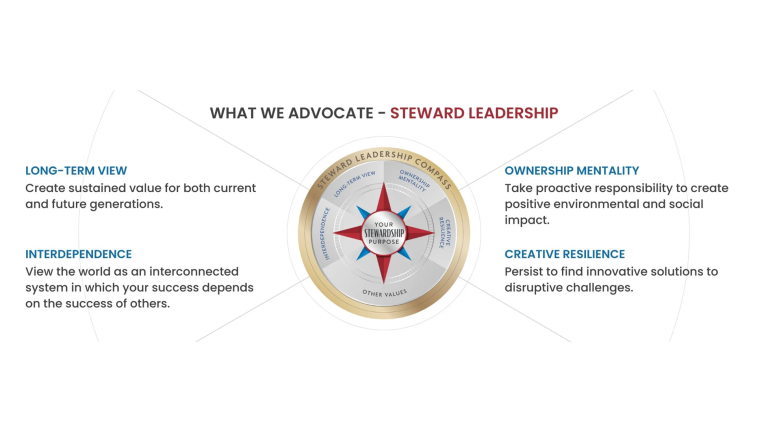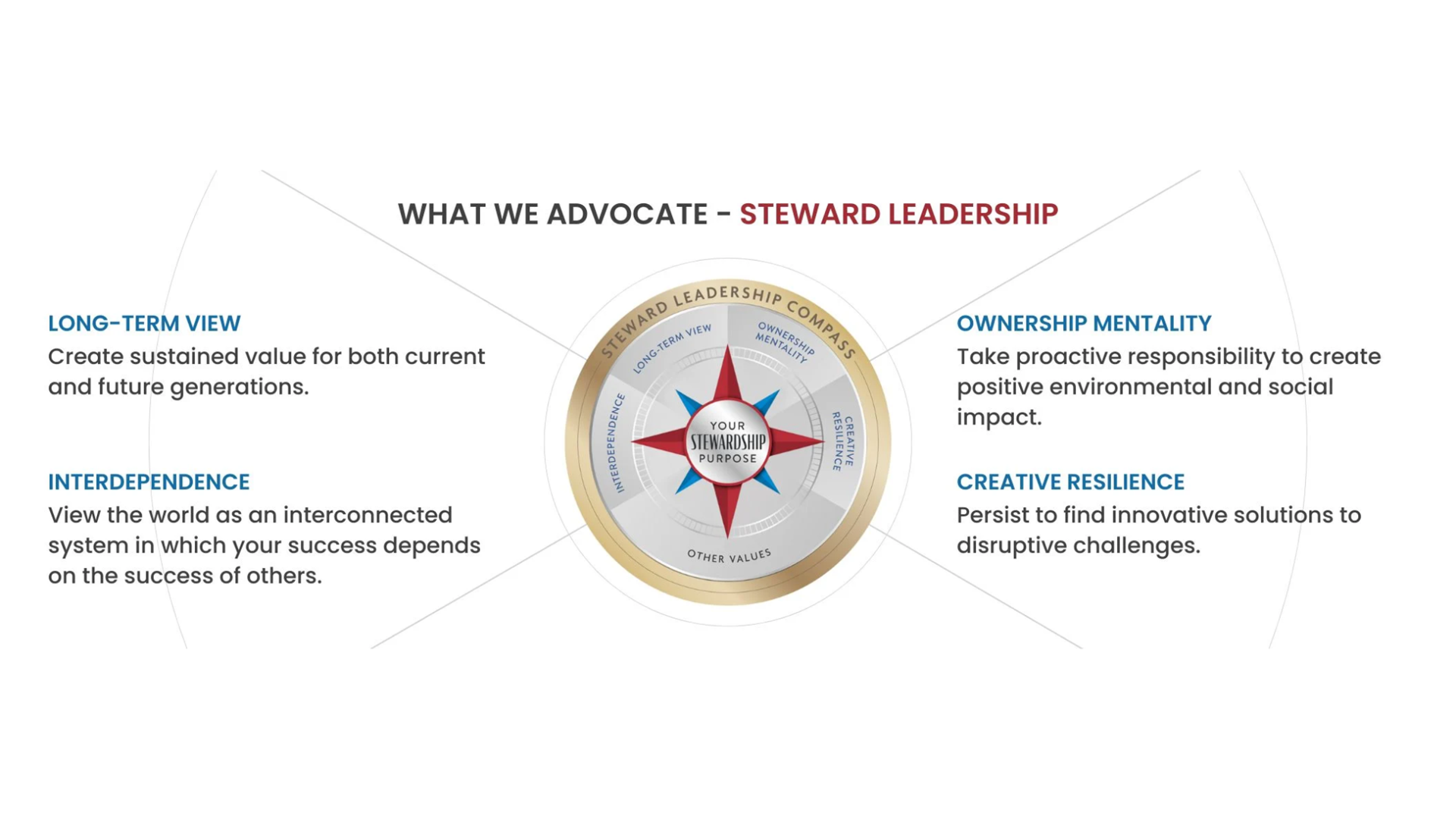By Kate Harris, APSC
I ask you to reflect back as to why you joined the public service. Perhaps you wanted to make a difference, to serve your community, to be part of something bigger than yourself. Now ask yourself: does your daily work still reflect those original hopes and how can we connect our work to our mission and purpose every day?
I am currently studying a PhD at Adelaide University and exploring a question that matters deeply to all of us in the Australian Public Service. I am reflecting and researching on stewardship within large complex systems and how we care for the people and communities we serve.
The Wake-Up Call We Couldn't Ignore
We all are aware of when things go wrong, examples such as the very public Robodebt example. For many of us, these are a painful reminder of what happens when systems lose their human touch. The research shows us where stewardship could have changed the story.
It's an important lesson, and also a call to action. We have a choice about what kind of public service we want to build going forward and what is needed from us as an individual leader and a systemic leader. Stewardship is key in building trust, where we are called for holding care beyond our perceived organisational boundaries.
We're Not Alone in This
Indigenous Australians have understood stewardship of country for tens of thousands of years. Their wisdom about care, connection, and long-term thinking isn't just nice to acknowledge; it's essential to learn from. This is why collective cultures and wisdom from other ways of knowing, being and doing are woven throughout our APS Academy SES Leadership experiences.
Across the Tasman in New Zealand, up north in Canada, and over in the United Kingdom, public servants are also grappling with the same challenges we face. The Canada School of Public Service commenced this research journey through mapping the qualities of stewards within their system, but again, how we develop and measure these qualities still requires more work.
There is also a growing recognition that traditional top-down management isn't enough anymore. We need something different, something that speaks to our deeper purpose. That something is stewardship.
It's the difference between ticking boxes and truly caring about outcomes. Between delivering outputs and creating lasting value for the communities we serve.
I also had the privilege of visiting Stewardship Asia in Singapore earlier this year, who are working on this very challenge. They have a survey that helps them to assess stewardship strengths within an organisation. The following shows their thoughts on key capability areas for stewardship.

The Journey Starts Within
Cam Caldwell is an exemplar and prolific researcher and publisher in this field and I have learned much from Cam’s work He highlights the importance of the qualities of a systemic steward, which is for all of us through leadership at all levels. This list for stewardship isn't about being perfect. In fact, the research emphasises that humility means recognising people don't have to be perfect to have value and asks of us is to acknowledge that humility is key as we cannot value others until we truly value our own contribution.
Cam outlines the following approaches for stewardship:
- The definition of stewardship is love and care of other people but it can be very difficult.
- Stewardship is an ongoing learning of trying to do the right thing
- Ethics and integrity are all through their own lens- collective stewardship is difficult because we all see it differently
- Self-awareness is key
- Motivation for own continual growth is important (growth mind set)
- Modelling and exemplifying values is critical
- Self-deception is strong and something we need to keep reflecting and testing
- Virtues are more important than ethics due to the moral code
In summary, the qualities for stewardship characteristics that my research has surfaced to date are:
A Different Kind of Leadership
The research offers both a warning and an invitation. The warning is if stewardship becomes just another aspirational statement in a strategy document, we'll have wasted a precious opportunity to continue to build trust with the Australian public.
The invitation is to embrace a journey of moral growth and self-discovery, to create systems that bring out the best in people rather than just managing the worst, and to build a public service culture worthy of the trust our communities want to place in us.
Stewardship asks us to cultivate qualities that can't be mandated in a policy: the courage to speak truth, the compassion to forgive mistakes, the commitment to honour our values even when it's inconvenient, and the clarity to communicate with candour.
At the end of the day, the future of public trust doesn't depend on new structures or strategies. It depends on us, and the choices we make every single day and the collective impact we have through they why and how we serve.




